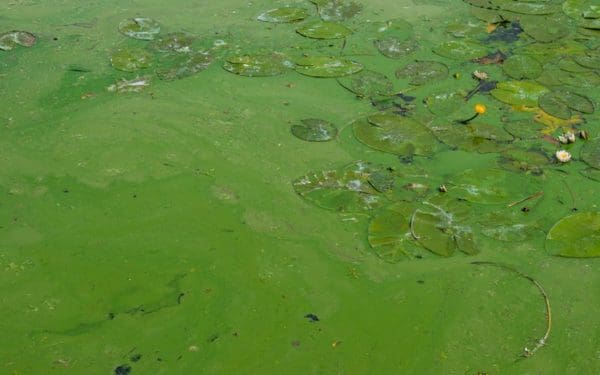A Step Closer to Cleaner Water on Boston’s Rivers
The Charles, Neponset, and Mystic Rivers are one step closer to getting cleaned up, thanks to action by CLF.
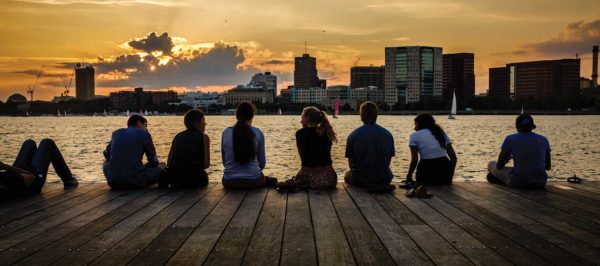
The Charles, Neponset, and Mystic Rivers are one step closer to getting cleaned up, thanks to action by CLF.

Cape Cod’s waters are at risk from nitrogen pollution but the region’s towns have been slow to implement solutions.

Ineffective septic tanks release high levels of nitrogen in wastewater which can cause toxic algae outbreaks in the Cape’s waters, which in turn place people at risk, harm fish and wildlife, and dampen tourism. CLF released the following statement in response to today’s news.
“Pollution from septic tanks has pushed Cape Cod’s waters to the brink of disaster,” said CLF attorney Maggie Nivison. “Toxic algae outbreaks destroy our waters, sicken people, and threaten the Cape’s critical tourism economy. The state has finally taken this crisis seriously, and these new rules are a tremendous first step in finally combatting this pervasive problem.”
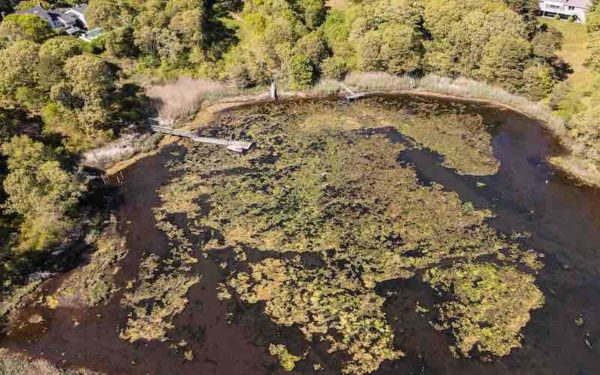
“The Hyannis wastewater plant is dumping sewage and pollutants directly into the ground, which invariably reaches nearby ponds, bays, and streams. Barnstable officials are running the Town’s sewage facility without a federal permit and have taken little action to stem this crisis and protect the Cape’s waters. We need to solve this problem once and for all, as the region’s bays and ponds are heading past the point of no return.”

“The rivers and streams flowing into Great Bay are being inundated with polluted stormwater every time it rains,” said Melissa Paly, Great Bay Piscataqua Waterkeeper at CLF. “The nitrogen in this stormwater runoff is harming the waterways that make New Hampshire’s Seacoast such a special place to live and visit, and it cannot be allowed to continue. Many of our communities have made great strides in reducing pollution from wastewater, now it’s time to step up and reduce pollution in stormwater.”
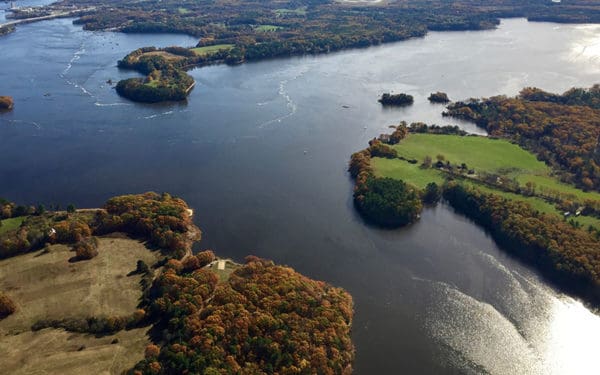
“Septic pollution is driving Cape Cod’s waters to disaster,” said Christopher Kilian, Vice President of Strategic Litigation at CLF. “The state has finally taken this concern seriously, but we will be reviewing the proposal to assure that it is strong and effective in solving this problem. Toxic nitrogen pollution destroys our waters, sickens people, and threatens the region’s tourism economy, and it has no place in Cape Cod’s waters.”
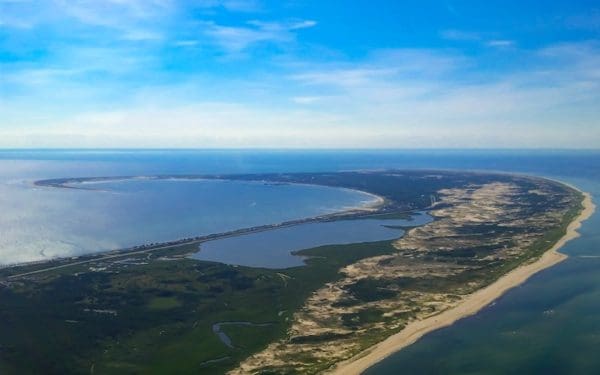
Fifty years ago, Congress adopted the Clean Water Act. This landmark environmental law aimed to clean up waterways that were too polluted for people to swim in or for fish to survive. That law – and those who have enforced it, like my CLF colleagues – has led to many clean water success stories over the… Continue reading The Clean Water Act, Sewage Pollution, and Clamming in Brave Boat Harbor
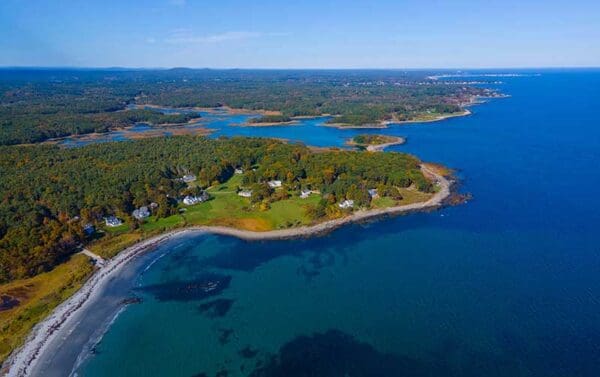
Through a eelgrass restoration pilot project, CLF and our partners hope to learn how to help bring life back to the Great Bay Estuary.
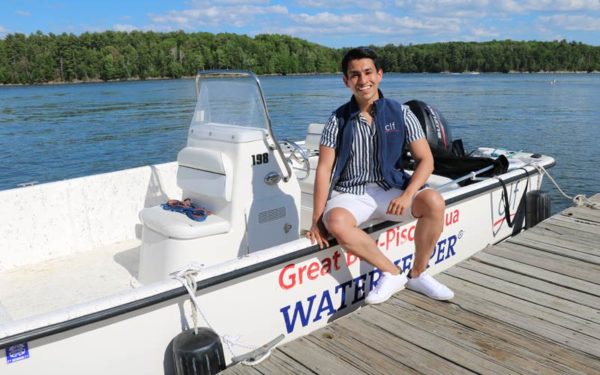
“Nitrogen pollution is a scourge on our Great Bay estuary, including the many bays and rivers that are part of it,” said Melissa Paly, Great Bay-Piscataqua Waterkeeper at CLF. “This agreement gives the communities surrounding Great Bay flexibility in how they will reduce this harmful pollution, but also accountability to ensure real progress. We’re looking forward to working together with these communities to advance innovative solutions to combat this problem and create healthier waterways for everyone.”

“Cape Cod’s bays and ponds are facing disaster,” said Chris Kilian, Vice President of Strategic Litigation at CLF. “As these facilities continue to dump harmful levels of nitrogen, the climate crisis is warming these waters and making them even more susceptible to toxic algae outbreaks. We will continue to hold these polluters accountable until every last one has stopped pouring pollutants into waters that belong to all of us.”
